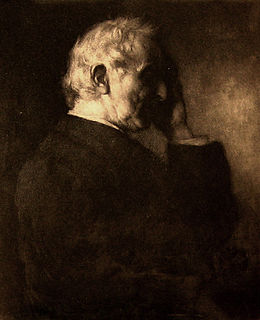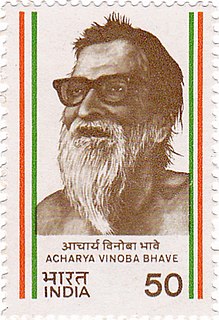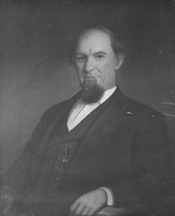A Quote by Charles Duhigg
The specific steps for changing a specific habit differ from person to person and habit to habit, but the steps - the formula - is essentially the same, and once you learn it, you can do amazing things.
Related Quotes
But you go to a great school, not for knowledge so much as for arts and habits; for the habit of attention, for the art of expression, for the art of assuming at a moment's notice a new intellectual posture, for the art of entering quickly into another person's thoughts, for the habit of submitting to censure and refutation, for the art of indicating assent or dissent in graduated terms, for the habit of regarding minute points of accuracy, for the habit of working out what is possible in a given time, for taste, for discrimination, for mental courage and mental soberness.
Your god may be your little Christian habit - the habit of prayer or Bible reading at certain times of your day. Watch how your Father will upset your schedule if you begin to worship your habit instead of what the habit symbolizes. We say, 'I can't do that right now; this is my time alone with God.' No, this is your time alone with your habit.
A fixed habit is supported by old, well-worn pathways in the brain. When you make conscious choices to change a habit, you create new pathways. At the same time, you strengthen the decision-making function of the cerebral cortex while diminishing the grip of the lower, instinctual brain. So without judging your habit, whether it feels like a good one or a bad one, take time to break the routine, automatic response that habit imposes.
The other producer of old age is habit: the deathly process of doing the same thing in the same way at the same hour day after day, first from carelessness, then from inclination, at last from cowardice or inertia. Luckily the inconsequent life is not the only alternative; for caprice is as ruinous as routine. Habit is necessary; it is the habit of having habits, of turning a trail into a rut, that must be incessantly fought against if one is to remain alive.
Our joy, peace and happiness depend very much on our practice of recognizing and transforming habit energies. There are positive habit energies that we have to cultivate, and negative habit energies that we have to recognize, embrace and transform. The energy with which we do these things is mindfulness.
































